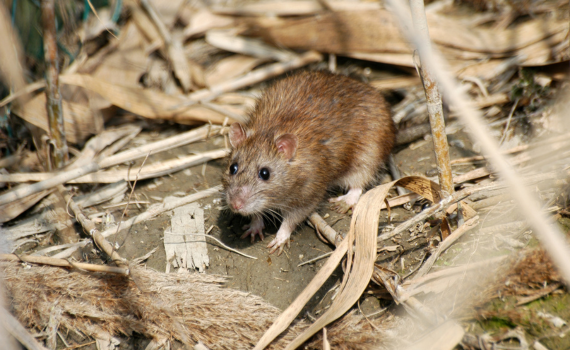Effects of Pests on Human Health
Pests, ranging from insects and rodents to larger wildlife, pose significant risks to human health. Their impacts are diverse, often resulting in direct and indirect health issues.
Disease Transmission: Many pests are vectors for diseases. Mosquitoes, for instance, transmit malaria, dengue fever, Zika virus, and West Nile virus. Ticks can spread Lyme disease and Rocky Mountain spotted fever, while rodents like rats and mice are known carriers of hantavirus, leptospirosis, and plague.
Allergies and Asthma: Pests such as cockroaches, dust mites, and rodents contribute to allergies and asthma. Cockroach droppings, saliva, and body parts are common allergens that can exacerbate asthma symptoms, especially in children. Dust mites thrive in household dust and can trigger allergic reactions and asthma attacks.
Food Contamination: Pests can contaminate food supplies, leading to foodborne illnesses. Rodents, for example, can spread Salmonella and E. coli through their droppings and urine. Insects like flies and cockroaches can carry pathogens from unsanitary areas to food and surfaces, increasing the risk of gastrointestinal diseases.
Bites and Stings: Certain pests directly harm humans through bites and stings. Bed bugs, fleas, and lice feed on human blood, causing itching, allergic reactions, and in some cases, transmitting diseases. Stinging insects like bees, wasps, and hornets can cause painful stings, allergic reactions, and, in severe cases, anaphylaxis.

